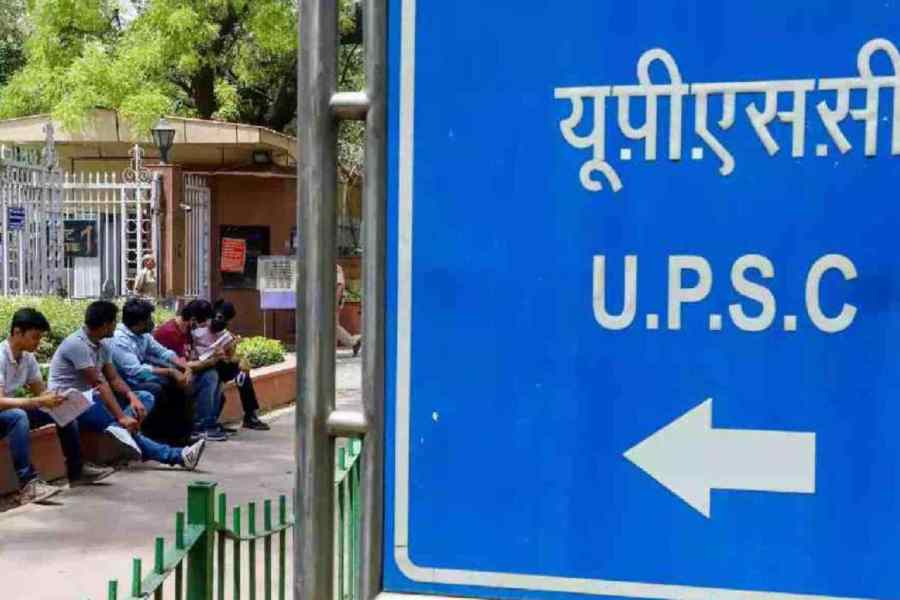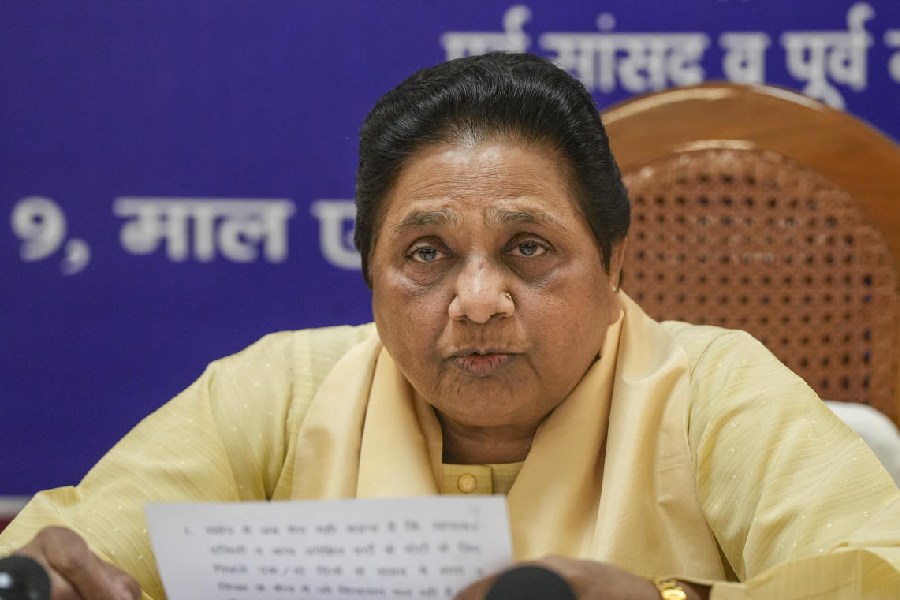In the Puja Khedkar case, the Union Public Service Commission announced on July 31 that it had “examined the available records carefully and found her guilty of acting in contravention of the provisions of the CSE-2022 Rules. Her provisional candidature for the CSE-2022 has been cancelled and she has also been debarred permanently from all the future Examinations/Selections of the UPSC.” Earlier, on July 19, the UPSC formally announced that following a “detailed and thorough investigation in the misdemeanour of Ms. Puja Manorama Dilip Khedkar”, a first information report has been lodged for her “Criminal Prosecution”. Additionally, a show cause notice was issued to her for the “cancellation of her candidature for Civil Services Examination 2022” and “debarment from future examinations/selections”. The UPSC had asserted that its investigation had shown that Khedkar had “fraudulently availed attempts beyond the permissible limit under the Examination Rules by faking her identity by way of changing her name, her father’s & mother’s name, her photograph/ signature, her email ID, mobile number and address”.
While the government’s additional-secretary-level inquiry is understood to have submitted its findings, as the UPSC has cancelled Khedkar’s candidature, her appointment to the IAS, ipso facto, falls. The Khedkar case is being closely monitored by UPSC aspirants. The UPSC had initially asked Khedkar to respond to the questions in the show cause notice by July 25. She had asked for an extension of time till August 4. But the UPSC only gave her an extension to submit a reply till 3.30 pm of July 30. She did not do so by then; hence, the UPSC gave an ex parte order. If Khedkar goes to court, it can only be hoped that the UPSC’s ex parte decision would stand judicial scrutiny. In the July 31 press note, the UPSC has assured that Khedkar was the only candidate in the past 15 years who succeeded in availing more than the entitled attempts. However, the Commission passed the buck the genuineness of the candidates’ documents to the government.
The UPSC is a recommendatory body for some classes of appointments to government services, including the civil services. It functions under a constitutional mandate. Once the government receives the UPSC’s recommendations, it conducts its own investigations about the antecedents of those recommended and also ascertains their medical fitness prior to various cadre-controlling authorities issuing appointment letters to successful candidates. The appointments are first made on a probationary basis. Once the period of probation, which includes training, is over, appointed officers are confirmed in their respective services.
People with Benchmark Disabilities have a quota in the civil services. The quota’s details, including the specified disabilities, are spelt out by the UPSC every year. The Commission also announces all other conditions pertaining to the examination annually. These conditions include age limits, educational qualifications, quotas for scheduled castes, scheduled tribes, other backward classes and PwBD candidates. The examination is a two-step process, preliminary and, for those who clear it, the main examination along with an interview. The subjects which a candidate can offer in the main examination are also given in detail. The 2024 UPSC full examination notice is a 156-page document which, ab initio, advises candidates “to carefully read the Rules of Civil Services Examination notified by the Government (Department of Personnel and Training) and this Notice of Examination [is] derived from these Rules”.
This clarification indicates that the government is deeply involved in the examination process and that the UPSC ensures that the examination is conducted impartially. The government decides the structure of the examination but is not involved in the examination process itself, including the setting of papers, the management of centres where they are conducted, the evaluation of answer scripts, and the interview process. These clarifications are important because there should be clarity in the public mind on these issues; there is so much prestige attached to the civil services examination. The importance of the civil services to India’s national life cannot be overstated either.
One important point on which the UPSC is silent regarding its investigation concerns reports that Khedkar did not submit herself for examination at the All India Institute of Medical Sciences for checking her disabilities but that she produced a certificate from other sources which the government clearly accepted. Note-III (p 20) of the UPSC examination notice clarifies that while PwBD candidates would have been previously tested, “prescribed Medical Examination as per these Rules, also including those for Benchmark Disability category(ies), shall be mandatory and only the results of the prescribed Medical Examination shall be deemed valid for assessing whether a PwBD candidate meets the requirements to be appointed”. As appointments are in the purview of the government, it is essential to know whether Khedkar ‘gamed’ the medical examination system and, if so, how. Thus, this issue cannot be brushed under the carpet even though the UPSC cancelled her candidature. The government has to come clean on this issue.
The July 19 UPSC press note states “The UPSC has deservedly earned the trust and credibility of a very high order from the public, especially the candidates. The Commission is unequivocally committed to ensure that such high order of trust and credibility remains intact and uncompromised.” There is no doubt that the people have enormous trust in the UPSC. This has to be preserved at all costs. In a democracy, institutions can never take public trust for granted. They have to constantly reinforce it through their efficiency and the conduct of their members. The latter aspect is not governed as much by laws and rules as by their leadership’s self-restraint and manifest independence. This is impaired in the UPSC’s case if, after retirement, some UPSC members develop links with commercial coaching centres. It is also damaged if sitting members begin to extol the virtues of government policies. Are these members not straying into the political arena when they are required to be manifestly independent? Will candidates who appear before interview boards they head be comfortable in giving their candid views? Indeed, the Commission as a whole should objectively consider these matters and devise its own norms for the public expression of views by its members and their engagement with commercial coaching centres after their retirement.
With respect to the UPSC’s efficiency, Page 10 of the Examination Notice on nationality requirements as part of eligibility conditions is a let down. For services other than the IFS, IAS and the IPS, nationals of some select countries and people of Indian origin from some nations are eligible provided they get an eligibility certificate from the government. This section mentions that among those eligible are “subjects of Nepal”. Monarchies have subjects; Nepal ceased to be one in 2008! These eligibility conditions also mention Myanmar as “Burma”. A separate section states that Tibetan refugees who came to India before 1962 are eligible. This is incredibly outdated. When candidates are expected to excel, can the UPSC or the government, if the government is responsible for these formulations, be so sloppy, even ludicrous? This section needs serious and immediate attention.
There is a much broader issue which the political class needs to consider regarding the UPSC. The constitutional provisions relating to the Commission are, in many crucial respects, based on the Government of India Act of 1935. These include the provision that the conditions of service of its members are not decided through legislation but regulated by the government. It is time that Parliament considers all the constitutional provisions relating to the UPSC to make it more independent and its internal functioning more democratic.
Vivek Katju is a retired Indian Foreign Service officer










